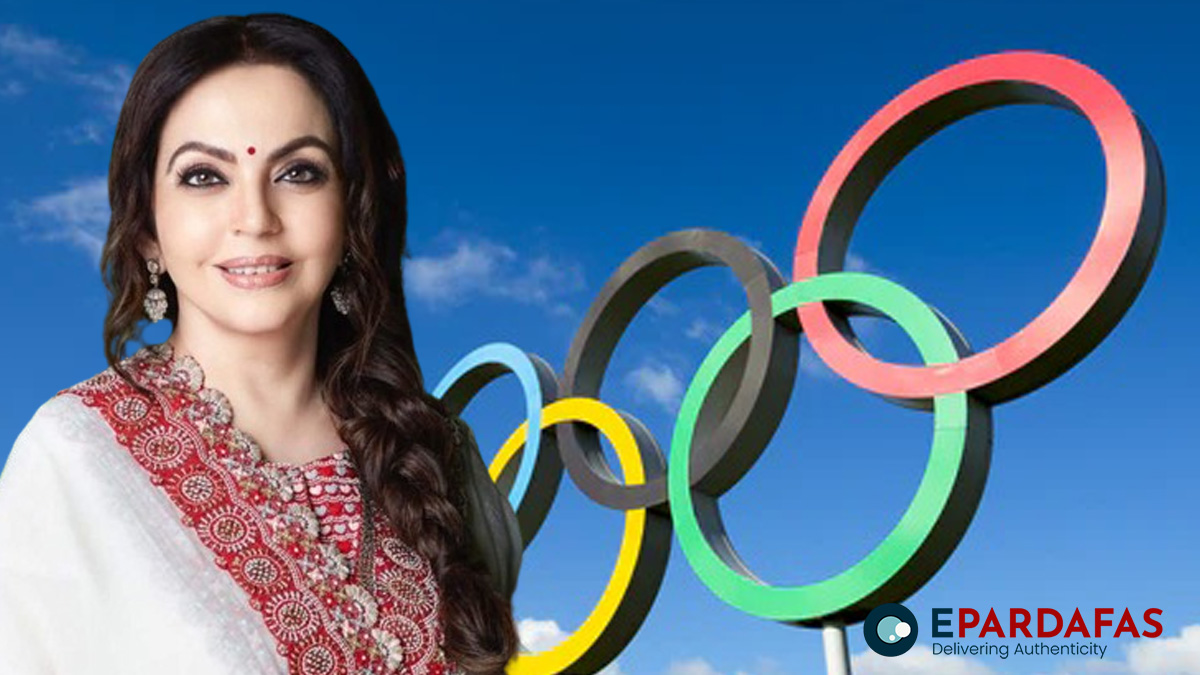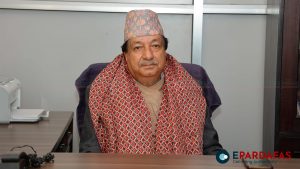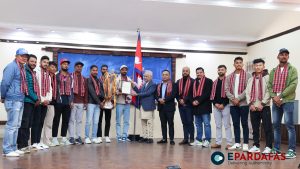
Race to Host 2036 Olympics Heats Up as Global Cities Make Their Case
As the race to host the 2036 Olympic Games intensifies, several cities and countries are positioning themselves as strong contenders, each offering unique strengths and visions to win over the International Olympic Committee (IOC). From historic waterway settings to proven track records in hosting world championships, the competition is shaping up to be fierce.
Istanbul, Qatar, India, Saudi Arabia, and Indonesia are among the frontrunners, each with distinct advantages. Istanbul’s Mayor Ekrem Imamoglu is keen to remind the IOC of his city’s historic Bosphorus strait, a potential backdrop for the Games that could rival Paris’s recent spectacle on the Seine. “I mostly focus on what the IOC expects, what they dream of, what the world wants to see,” Imamoglu told The Associated Press in Paris. He added that Istanbul is not concerned with other competitors but focused on its own strengths.
Qatar, on the other hand, can point to its successful hosting of world championships in top-tier Olympic sports over the past decade. Although the country did not have a public hospitality venue in Paris, Qatar’s ruling Emir, Sheikh Tamim bin Hamad Al Thani, a long-standing IOC member, was present for key meetings and the opening ceremony. Qatar’s quiet but strategic presence is a testament to its ambition to bring the Olympics to the Middle East.
India, backed by the influential Ambani family and Prime Minister Narendra Modi, is also a strong contender. At the opening of India House in Paris, IOC member Nita Ambani expressed the country’s Olympic aspirations, calling it “a dream that belongs to 1.4 billion Indians.” The Ambani family’s reputation for lavish hosting and their deep connections within the IOC could prove pivotal in their bid.
Saudi Arabia, which has already secured a 12-year deal with the IOC to host the Esports Olympic Games, is following a similar path. With the 2034 Asian Games set to be hosted in Riyadh, Saudi Arabia is clearly positioning itself as a major player in the Olympic movement.
Indonesia, a fast-emerging economy with a population of 280 million, also aims to make its mark. Having successfully hosted the 2018 Asian Games, Indonesia hopes to leverage its infrastructure and experience to impress the IOC. Anindya Bakrie, Indonesia’s team leader at the Paris Olympics, acknowledged the challenges but expressed confidence in the nation’s ability to address them. “By saying that we want to bid for 2036, it also means that we know that we have to deal with the issue. If we do it right, we have enough time to educate the public,” Bakrie said.
As the competition unfolds, the IOC’s decision-making process has become more discreet and less transparent, a shift that some critics say is too opaque. This new approach allows for quicker decisions, as seen with Brisbane’s selection for the 2032 Games, which was awarded 11 years in advance.
With Paris setting a high bar for future hosts by emphasizing sustainability and avoiding “white elephant” venues, the next host will need to demonstrate an ability to match or exceed these standards. Los Angeles, set to host the 2028 Games, will use only existing or temporary venues, further raising the bar for future candidates.
The race for the 2036 Olympics is far from over, but one thing is clear: the winning bid will be known long before 2029, and it will be strongly influenced by the expectations set by Paris and the IOC’s evolving vision for the Games.













Comments